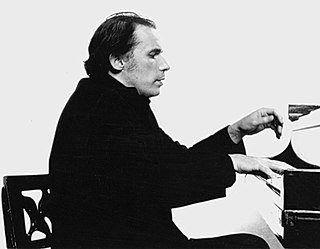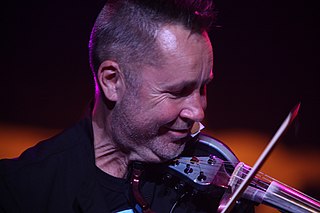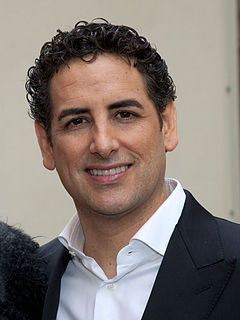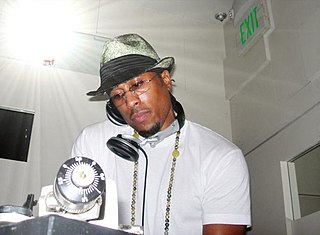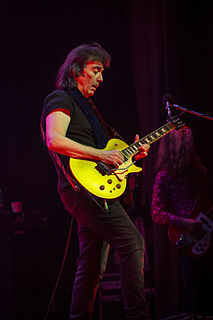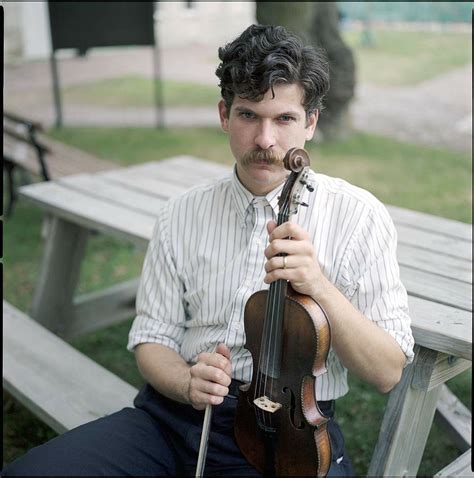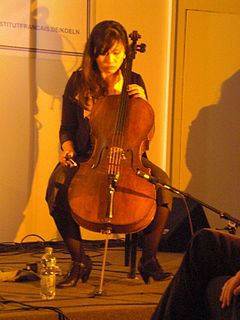A Quote by Karen DeCrow
I enjoy practicing law too much to even contemplate retiring, but I often think about engaging in serious study of the history of art, of the intricacies of classical music. I could write a fugue, or perhaps learn to play the cello.
Related Quotes
I went to school to learn guitar, solfeggio, and harmony. I wanted to know more about music, how it works. I wanted to take voice lessons, too, and that's when I discovered what I could do with my voice. At the beginning, I thought I would do classical and pop, but then I learned that I really liked the classical music.
There are so many different ways to talk and think about art. We just spoke about when attitude becomes form. But when I was a kid, I had these two art teachers, a couple, who were continuing a line of very classical, atelier art training, and they instilled in me a sensitivity to all the classical verities of line, shape, color, texture, and composition, which is only engaging if you're making two-dimensional objects.
Even my colleagues don't read classic criticism. And my feeling is that if you don't do that then you're not really practicing your craft. That's how you learn how to do it. You don't learn how to write about jazz just from listening to jazz. You learn how to write by reading the great writers and how they worked, the great music critics.
My father was able to play a number of musical instruments and I fell in love with classical music in my teens and I allowed it to influence me. I like to think I took and still do from classical music and various techniques, I have made classical albums and recorded seven different pieces of Bach on different albums and its all music too me.
No one ever told us we had to study our lives,make of our lives a study, as if learning natural historyor music, that we should beginwith the simple exercises firstand slowly go on tryingthe hard ones, practicing till strengthand accuracy became one with the daringto leap into transcendence, take the chance of breaking down in the wild arpeggioor faulting the full sentence of the fugue.



